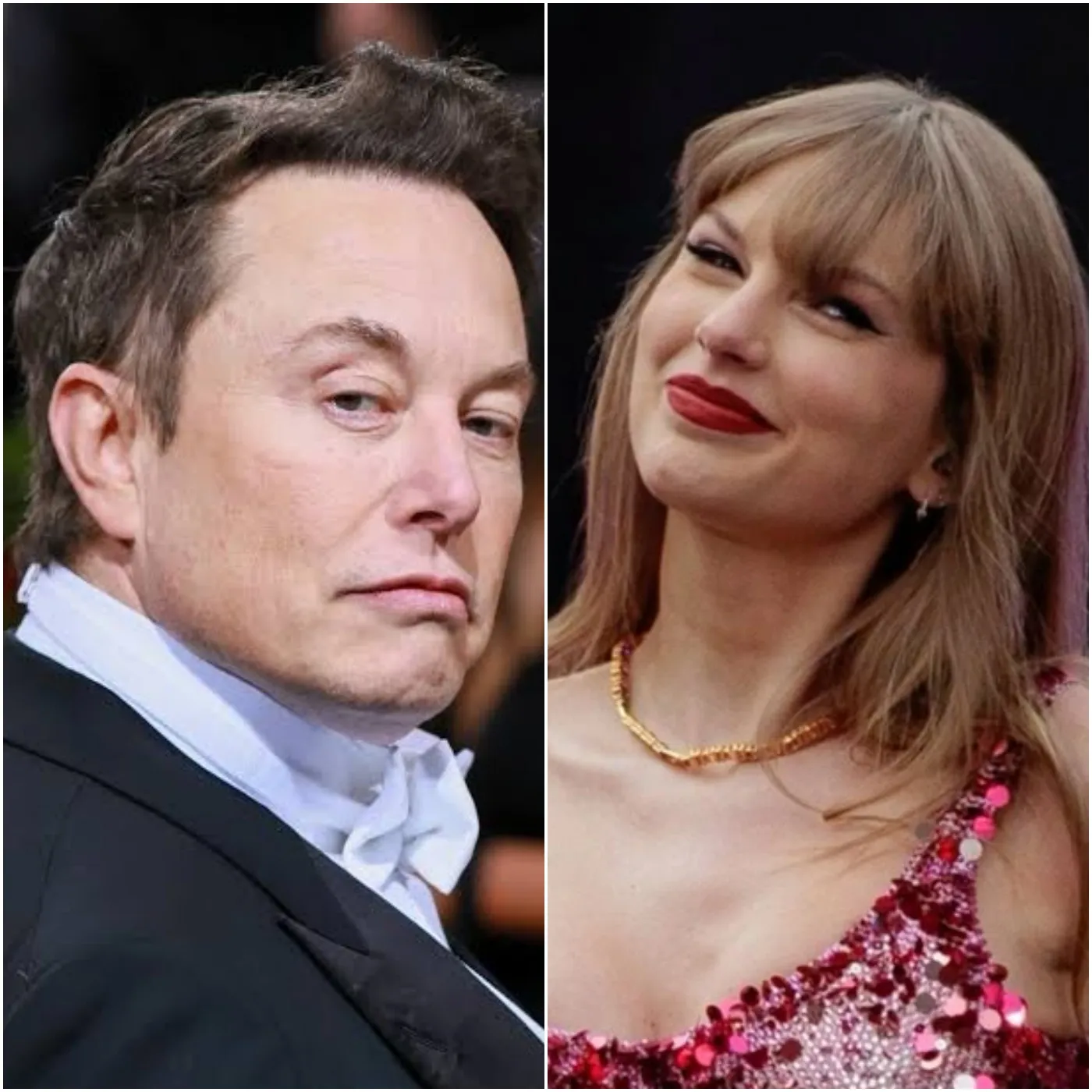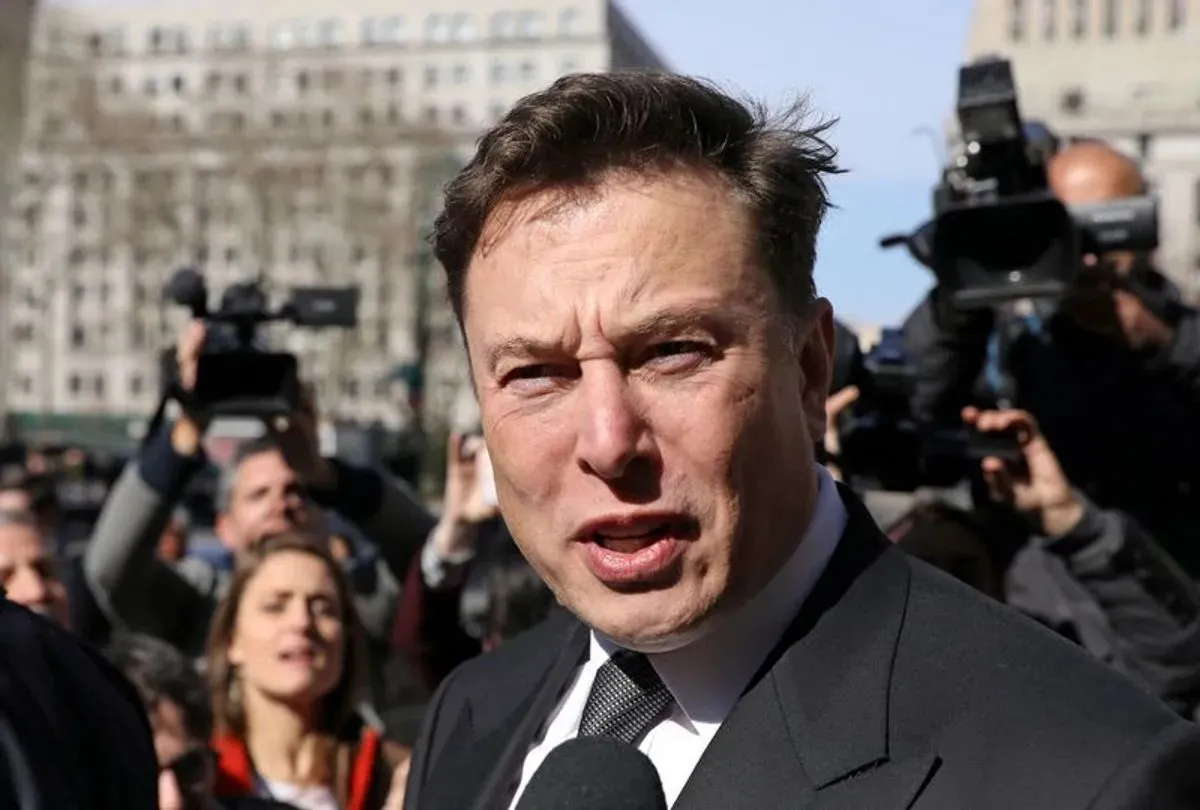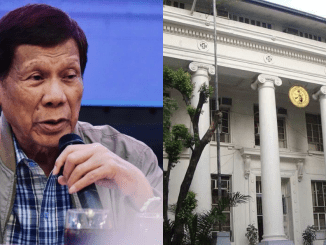
In a shocking and unexpected move, Elon Musk has decided to purchase ABC, one of the most prominent American television networks, in a bid to transform the media landscape. Musk, the CEO of Tesla and SpaceX, has long been vocal about his concerns regarding what he perceives as the growing influence of “woke” culture in mainstream media. His acquisition of ABC is part of a larger strategy to shift the network’s direction and bring what he describes as a more balanced and objective approach to news and entertainment.
Musk’s decision to buy ABC has sent waves through both the media industry and the public, with many questioning his motivations and the potential impact this move will have on the future of television. In addition to the purchase, Musk has named controversial media figure Tucker Carlson as the new CEO of ABC, signaling a bold and highly unconventional shift in leadership. Carlson, who gained national prominence as a host on Fox News, is known for his outspoken views on political correctness and his criticism of the so-called “woke” agenda. By appointing Carlson as CEO, Musk is making a clear statement about the direction he intends to take ABC in the coming years.

In a statement, Musk explained his reasoning behind the acquisition and the decision to place Carlson at the helm. “The media has become increasingly polarized, and the voices of many have been drowned out by extreme political correctness and ideological conformity. It’s time to change that,” Musk said. “Tucker Carlson has been a bold and unapologetic voice in the media, and I believe he’s the right person to lead ABC into a new era where diverse perspectives are welcomed, and content is focused on facts rather than ideologies.”
The appointment of Carlson as CEO has sparked immediate controversy, with critics accusing Musk of further stoking political divisions and potentially consolidating power in the hands of individuals with strong conservative views. Carlson, who was previously criticized for his divisive rhetoric, has faced backlash for his commentary on race, immigration, and political issues. However, Musk’s supporters argue that the move is a necessary counterbalance to what they see as an increasingly left-leaning media landscape.
The media industry, already reeling from the rise of streaming platforms and shifting consumer preferences, now faces the challenge of adapting to Musk’s new vision for ABC. The billionaire’s goal is to steer the network away from what he describes as the “woke media mentality” that has dominated much of the media landscape in recent years. Musk’s decision is likely to reshape ABC’s programming and editorial stance, though the specifics of how this will manifest remain unclear.

ABC, which has long been a key player in American television, is known for its popular shows, news programs, and entertainment content. Under Musk’s leadership, the network may undergo a significant transformation, with programming potentially shifting to include more diverse voices and viewpoints. Musk has hinted at a move towards content that challenges mainstream narratives, particularly in areas such as politics, culture, and social issues.
While Musk’s venture into media ownership raises questions about the concentration of power in the hands of a few influential figures, it also opens up discussions about the role of media in shaping public opinion. Musk, who has been a vocal critic of both traditional media and social media platforms, appears to be seeking to create an alternative space where content is less driven by political agendas and more focused on delivering diverse viewpoints.
As the news of Musk’s acquisition and Carlson’s appointment continues to reverberate throughout the media industry, the public remains divided. Supporters of Musk and Carlson view this as a long-overdue challenge to what they see as an increasingly biased and polarized media environment. Detractors, however, warn that the move could lead to further political fragmentation and the rise of media outlets that cater to specific ideological groups rather than fostering informed and balanced discussions.
For now, all eyes are on ABC as it begins this new chapter under Musk and Carlson’s leadership. Whether this bold move will succeed in reshaping the media landscape or whether it will face significant pushback from audiences and critics alike remains to be seen. One thing is certain: Elon Musk’s latest venture into the media world will undoubtedly be a game-changer, with the potential to have a lasting impact on the future of television and public discourse in America.


